Vape Vending Machines Sales Laws and Regulations in Minnesota
Thinking of Launching a Vape Vending Machine in Minnesota?
Disclaimer: This page is intended for informational purposes only and should not be considered legal advice. Consult official Minnesota government resources for the most current regulations.
Here’s What You Need to Know First
Considering becoming a vape vending machine host in Minnesota? Familiarize yourself with the current state laws to ensure compliance and successful operations. Here's a quick breakdown of current state regulations for vapor products, vape machines, and sales.

Vending machine sales:
No person shall sell tobacco products, electronic delivery devices, or nicotine or lobelia delivery products from vending machines. This subdivision does not apply to vending machines in facilities that cannot be entered at any time by persons under the age of 21 years.
Electronic delivery device means “any product containing or delivering nicotine, lobelia, or any other substance, whether natural or synthetic, intended for human consumption through inhalation of aerosol or vapor from the product. Electronic delivery device includes but is not limited to devices manufactured, marketed, or sold as electronic cigarettes, electronic cigars, electronic pipe, vape pens, modes, tank systems, or under any other product name or descriptor. Electronic delivery device includes any component part of a product, whether or not marketed or sold separately.” Minn. Stat. § 609.685, subdiv. 1(c) (2025)
Licensing & Permits
To legally operate vape or nicotine pouch vending machines in Minnesota, the following licenses and permits are required:
Disclaimer: This page is intended for informational purposes only and should not be considered legal advice. Consult official Minnesota government resources for the most current regulations.
Questions? Call us at +1 888-537-8273
